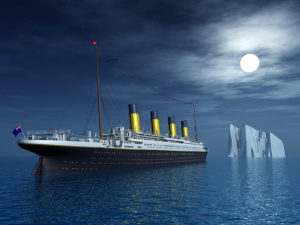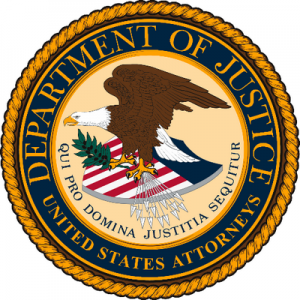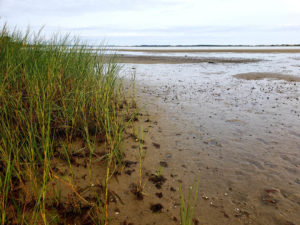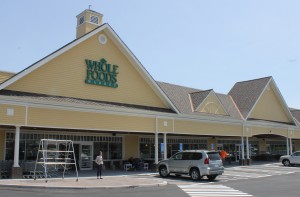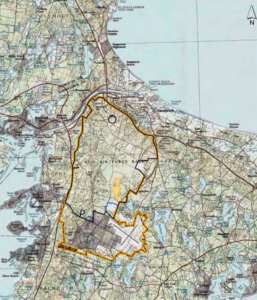
CCS IMAGE, NOAA PERMIT #932-1905
Right whale 3999 photographed on May 6, after reported strike. Propeller wounds are clearly visible across the rostrum and blow holes. CCS image, NOAA permit #932-1905
BARNSTABLE – Researchers at the Center for Coastal Studies in Provincetown and officials from the Massachusetts Department of Fish and Game are urging boaters to be on the lookout for more than 80 endangered North Atlantic right whales in Cape Cod Bay after a whale was struck and injured by a boat this weekend.
These rare animals whose global population numbers about 522 are annual visitors to Cape Cod Bay, arriving every winter to take advantage of the rich feeding grounds. Most years, between December and April, scientists expect to see up to half of the right whale population in the Bay.
The whales usually leave the Bay at the end of April, but this year they have remained in the area, likely due to very high concentrations of plankton, their primary food.
This delayed departure, coupled with the opening of commercial fishing and an increase in recreational boating activities, has greatly increased the threat of potentially deadly interactions between whales and humans, either through entanglement in fishing gear, or through vessel collisions, according to officials from the Center for Coastal Studies.
At the time of writing, at least one right whale has already been injured by a boat strike.
On Wednesday, after reports of a boat striking a whale, researchers from the Center for Coastal Studies spotted a right whale with fresh propeller wounds across the top of its and blowholes. This individual, identified by CCS as number 3999, had been photographed by researchers on Saturday, uninjured.
The prognosis for 3999, a young female, is unknown; although she still appears to be feeding normally, Scott Landry, director of the CCS Marine Animal Entanglement Response team notes “she has wounds close to the skull and infection may be an issue in her future”.
Interactions between vessels and whale are not only detrimental to the animals, but also to humans: this winter, a boater was killed during a collision with a whale off the coast of Mexico, center officials said.
The Center for Coastal Studies has joined with the State Division of Marine Fisheries, the Massachusetts Environmental Police, and the US Coast Guard to alert boat operators to the continued presence of whales and has issued guidelines to reduce the threat to both mariners and whales.
Vessel operators in Cape Cod Bay are strongly urged to proceed with caution and reduce speed to less than 10 knots. Right whales feed at or just below the surface, so boaters should post lookouts to avoid possible collisions
Recreational boaters and commercial fishermen are reminded that state and federal law prohibits approaching a right whale within 500 yards. The 500-yard rule also prohibits the setting of fishing gear, including fixed fishing pots, within that distance of a right whale. Fishermen are urged to wait to set gear until the whales have left the area.
Vessels that find themselves within 500 yards of a right whale should slowly and cautiously exit the area.





